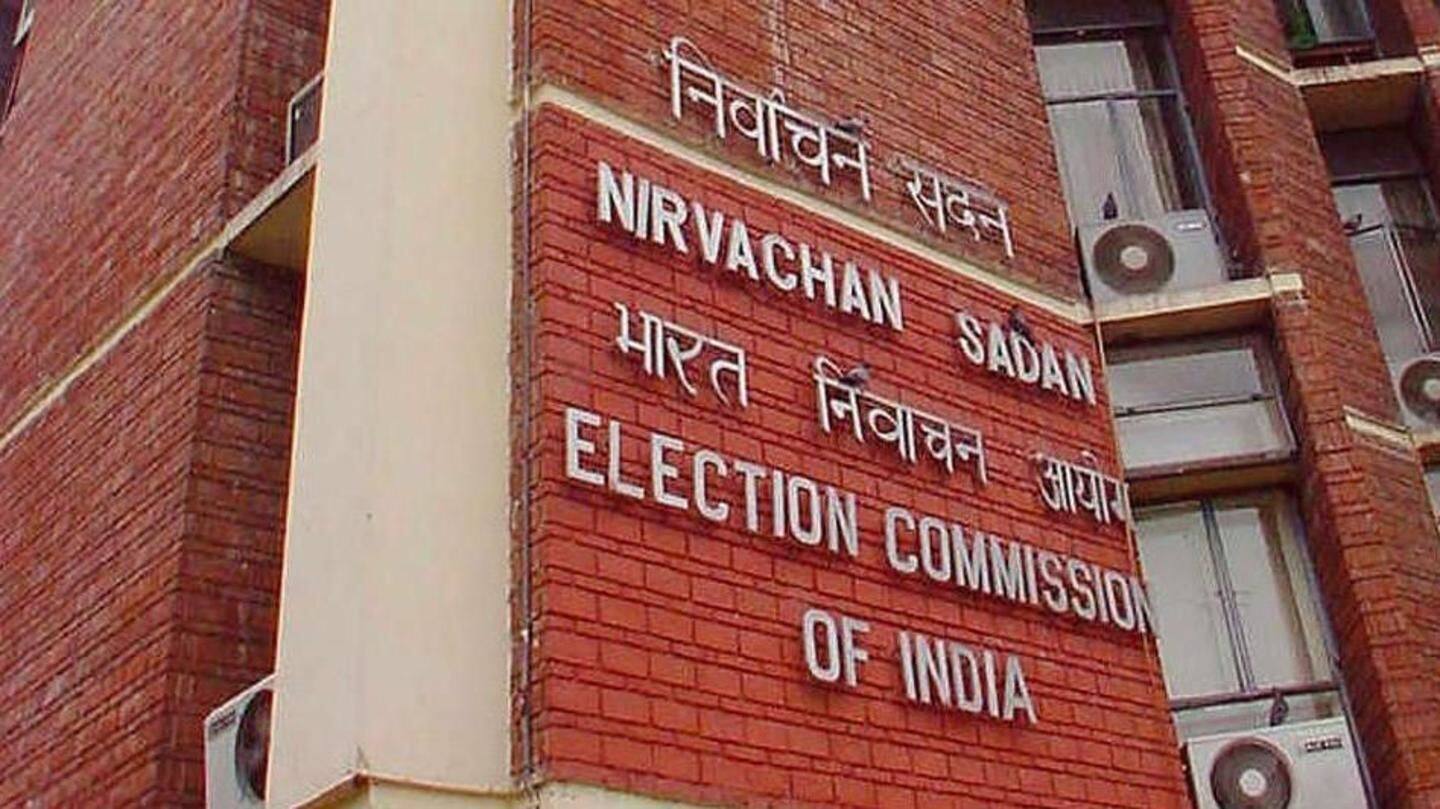
Cambridge Analytica issue: EC calls a meeting to check voter-influence
What's the story
Recently, a scandal erupted after it was alleged that UK-based Cambridge Analytica (CA) harvested data of 50 million Facebook users to subvert 2016 US presidential elections. Congress and BJP have been exchanging barbs over alleged connections with the infamous organization. These revelations have worried India's Election Commission (EC). It plans to hold a meeting on March 27 to discuss measures to protect elections in India.
Indian scenario
How has the issue panned out in India?
In India, BJP alleged that Congress was planning to use CA's services for 2019 polls. However, Congress claimed that BJP used CA in the past, including in 2010 Bihar polls. BJP retorted that CA was founded in 2013 making it impossible to work with it in 2010. Notably, CA's Indian partner Ovleno Business Intelligence is run by Amrish Tyagi, JD(U) leader KC Tyagi's son.
EC's plans
What does the panel plan to discuss?
Considering this scenario, EC plans to discuss steps to ensure that "forces which subvert the electoral process are neutralized." The Chief Election Commissioner, two Election Commissioners and senior officials usually meet every Tuesday to discuss poll-related issues. Next week's meeting will focus on the various dimensions of data harvesting by manipulating social media. Accordingly, EC will decide an action plan for upcoming elections.
Steps taken
Meanwhile, has the EC taken any steps in this regard?
Separately, in August'17 itself, Chief Election Commissioner OP Rawat had told media-persons that EC was drafting a media policy to allow it to keep an eye on content, especially on social media, that transgresses the model code of conduct. He had said, "It has come to the EC's notice that some public relations firms are actively being deployed to shape public opinion online."
Significance
What does the EC's move signify?
EC's main job is to guard elections against such threats hacking voters' minds to understand/influence political leanings. This is also the reason why exit polls are made public only after voting ends. By discussing the threats posed by social media, India as the world's biggest democracy will be setting an example. How it pans out remains to be seen.